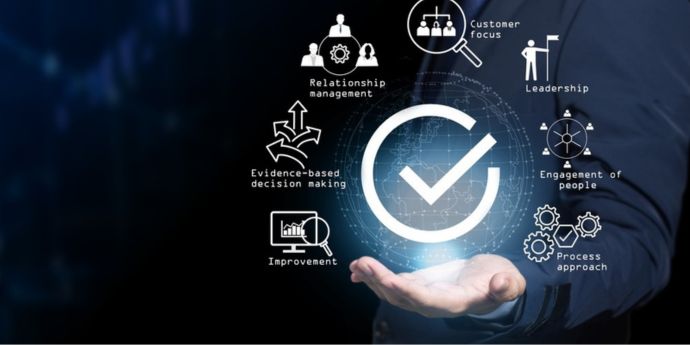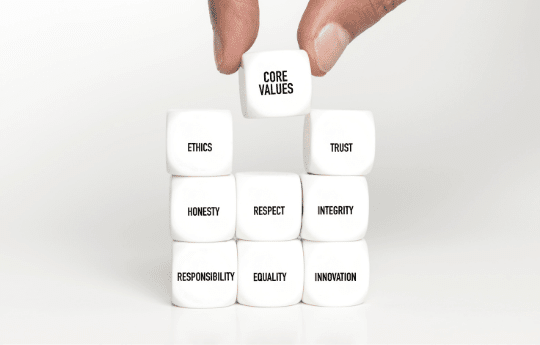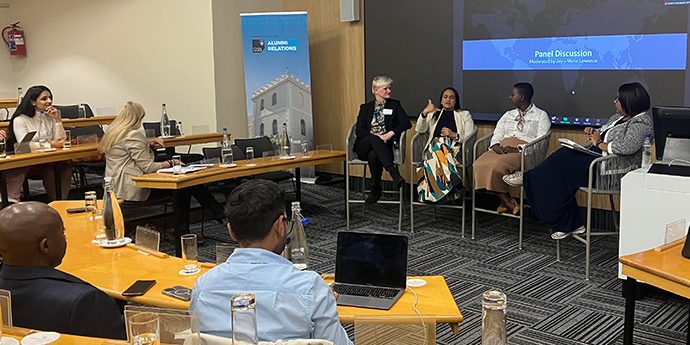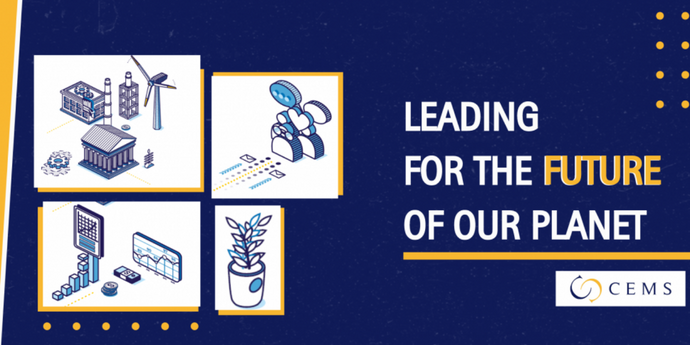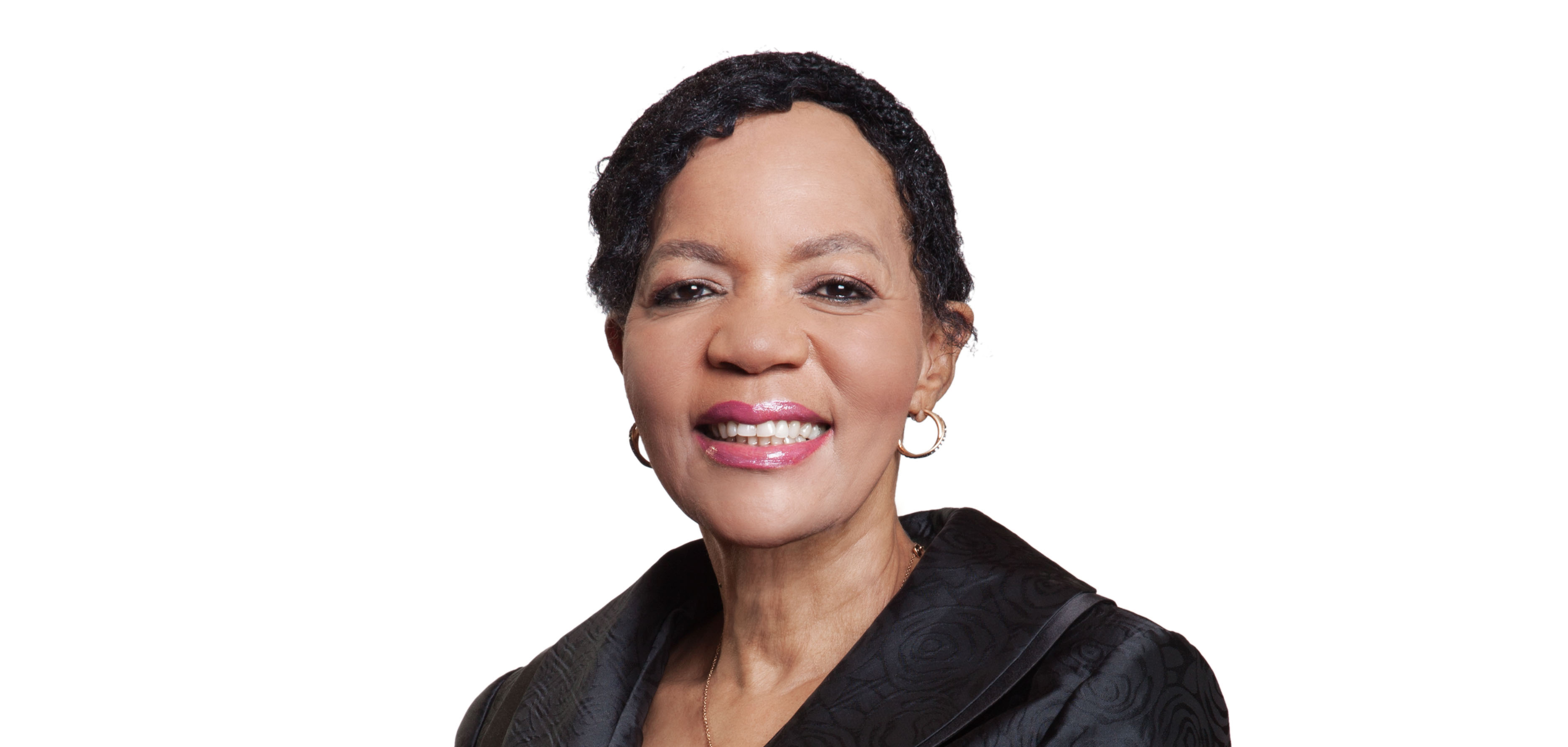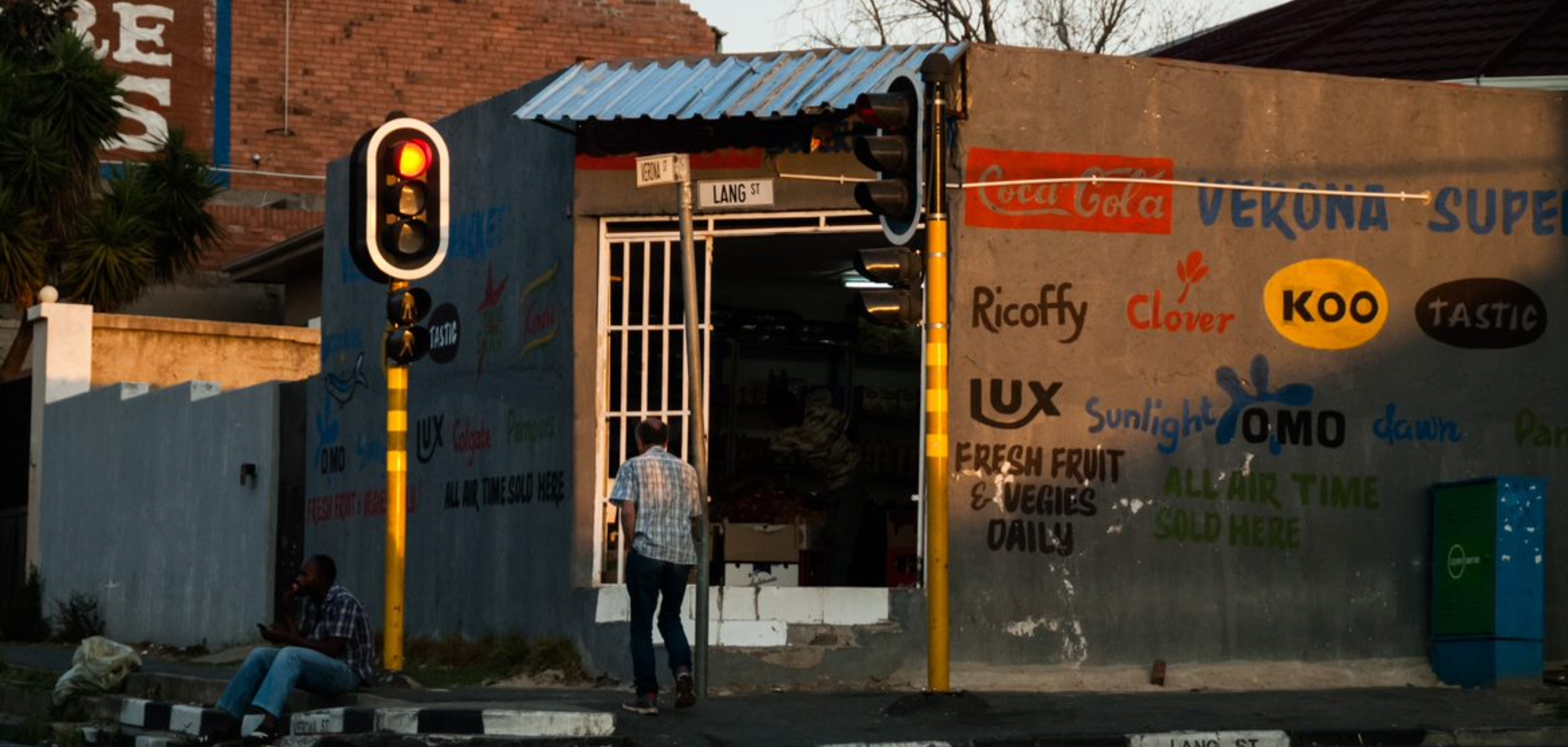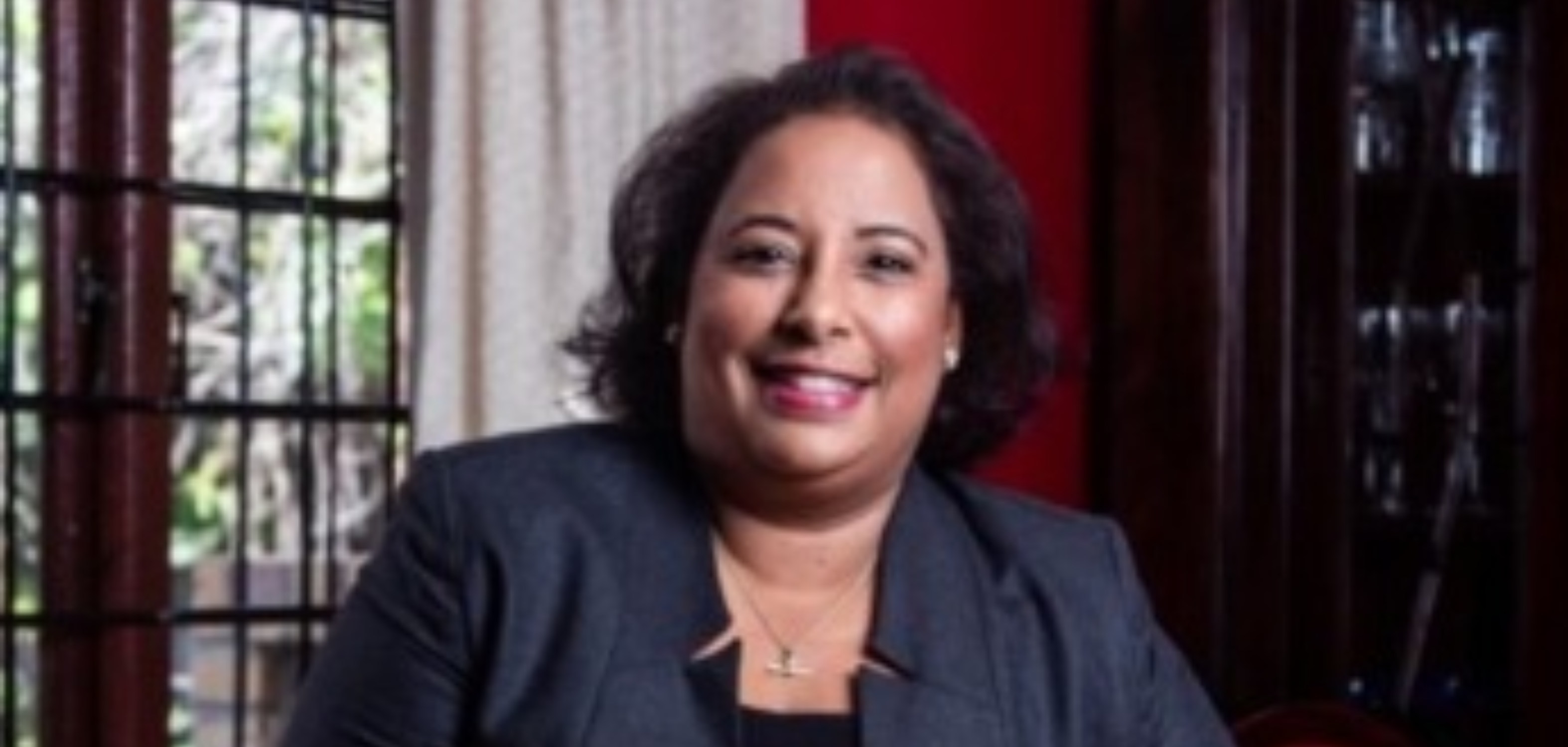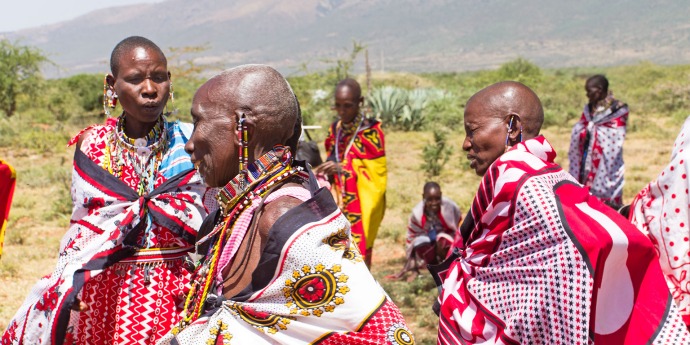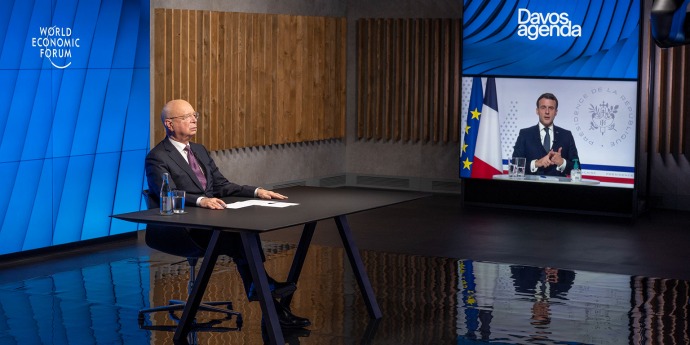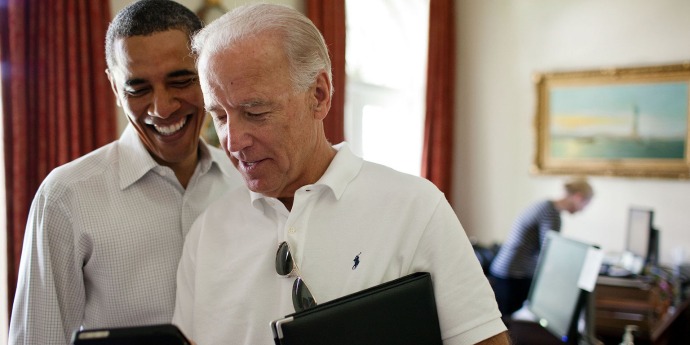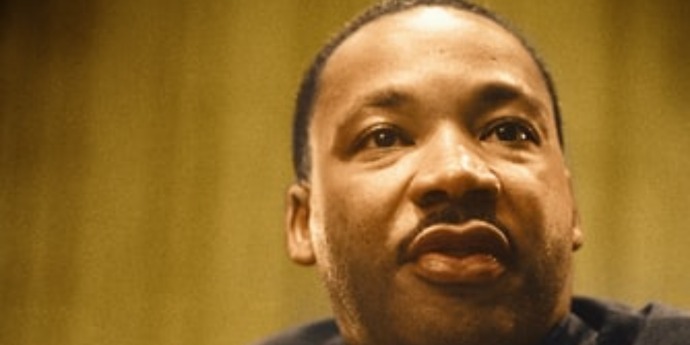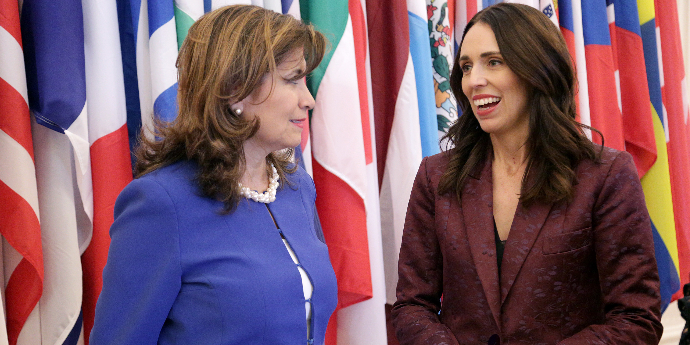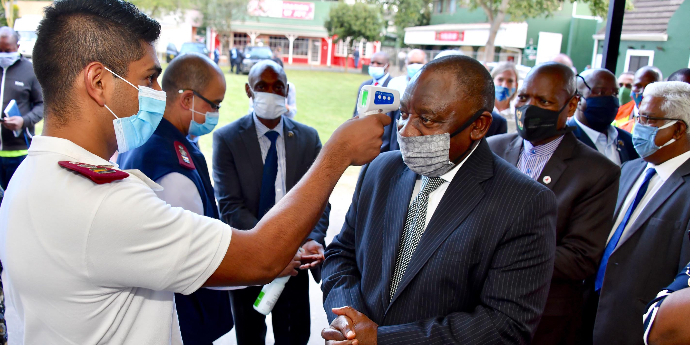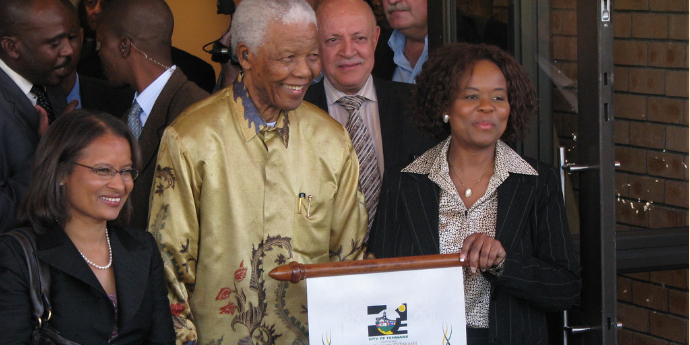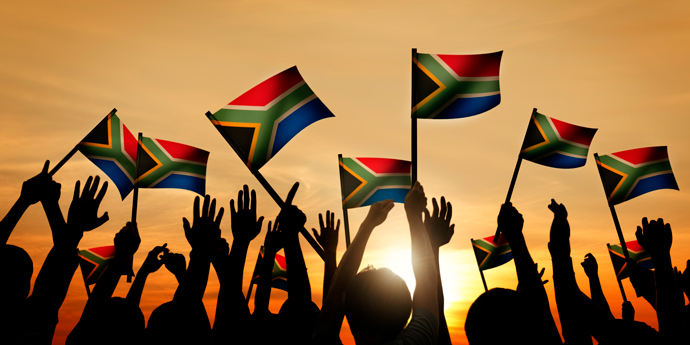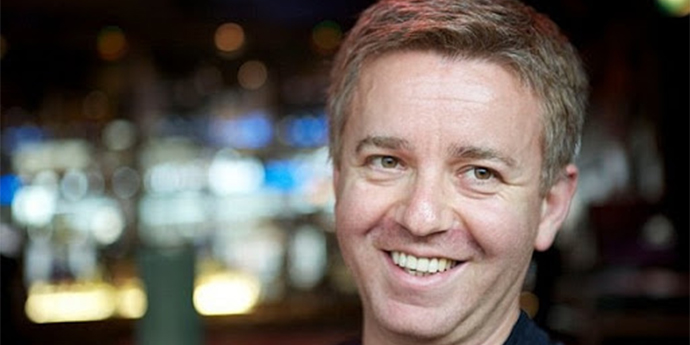The chasm that separates the haves from the have-nots is clearly illustrated by Stats SA’s Multidimensional Inequality Trends Report, which states that unemployment remains highest among Black (31%) and Coloured South Africans (23%), while being significantly lower among Indians (11%) and White people (6%). In terms of spending power and disposable income, White South Africans are still the biggest earners and spenders of any racial group, with Indians spending half as much, Coloured people spending close to a quarter of Whites, and Blacks one tenth of what White South Africans spend. Shockingly only 11% of South Africans have access to the internet at home, 28% own a private vehicle, and just 17% have access to medical aid.
Affirmative Action and BBBEE remain highly relevant in addressing these historical imbalances. The idea behind these policies is that humans will not willingly give up their ‘hard worked-for’ privilege, and therefore will only respond to an external mandate for equity, equitable access to resources and opportunities, and the collective unlearning of prejudices. And yet, in recent times, there has been increasing resistance towards BBBEE from both employers and their employees.
The South African workplace remains a very complex space and organisations wishing to move through the BBBEE backlash to bring about deep change in workplace cultures and organisational orientations may need to consider a different way forward. In particular, they can look to incorporate two philosophical approaches: the psychological approach, where individuals engage in profoundly personal work, often complemented through coaching, in which they begin to accept their own internal diversity so they can accept the external diversity they see outside of themselves; and the spiritual approach, which seeks cohesion and relationship alignment by getting individuals, teams, customers and stakeholders to dialogue about their values and purposes.
In recent research at the UCT Graduate School of Business we highlight several practices that can help to embed these two approaches into organisational cultures.
Storytelling a tool for workplace integration
Organisations can use narrative inquiry and the storytelling approach to provide the necessary psychological safety for people to explore their feelings of, among others, justice, exclusion and inclusion, respect and disrespect, empowerment and disempowerment and when and around whom they are able to act authentically.
Storytelling engenders trust. Research tells us that trusting work environments are more productive as people have higher levels of conscious engagement, they tend to make less errors and collaborate better, while creativity and innovativeness are enhanced. Employees also report higher levels of belonging and subjective happiness. The use of storytelling to share and explore each other’s lived experiences and life histories results in reciprocal empathy and is probably one of the most powerful transformative tools available to organisations when facilitated well.
Countering Black and White fatigue
People of colour in South Africa have, over their entire lives, needed to deal with accumulated pain, as well as unjust and inequitable experiences that too often lead to ongoing marginalisation and a continual questioning of their credibility in the workplace.
Employers have an opportunity to provide a ‘voice’ to Black fatigue and allow Black individuals to authentically share what it is like to walk in their shoes. They can provide them with platforms to speak about the daily overt and micro-aggressions experienced in the workplace; to educate about the effects of implicit biases on others; to express their desire to see tangible reparations from those who benefitted from their economic and social demise; as well as to let others know what it feels like to constantly feel undervalued, invisible and disrespected.
On the other side of the spectrum, White fatigue is rooted in perpetually feeling under suspicion despite constantly apologising for Apartheid and explaining how they are not racist. Organisations need to help and equip all employees to talk about race, race experiences and enduring privilege. Leaders can also find projects and outlets for the thousands of individuals across the country, Black and White, who want to contribute to building a more equitable country, but simply do not know how. There is a massive opportunity for forward-thinking organisations to drive social innovations that will make tangible differences in people’s lives, and thereby provide constructive outlets for people’s intent-to action.
The case for inclusive leadership
Leaders will always carry a significant part of the burden in bringing about workplace transformation and South African organisations need leaders who are advocates for diversity in terms of race and ethnicity, gender and gender fluidity, sexual orientation, diversability, social class, educational background, as well as psychometric- and thinking style differences. The country needs leaders who have the courage to recognise and highlight the commonalities among people, while at the same time celebrate the differences among them.
Such leaders have the responsibility to find ways to inspire people to change those aspects of society that are inequitable. They must address the barriers and challenges that perpetuate injustice, inequity and especially economic discrepancy and access.
It is time for businesses and organisations to commit to having courageous conversations to change the workplace – inwardly and outwardly. In doing so, they demonstrate the need for, and rebuild the sense of, national unity (which cannot be left up to sporting events only) and mutual responsibility (business, the government and civil society) for making a difference in the lives of all South Africans.
Inclusive leadership, in an emerging economy like South Africa, requires a reorientation toward social activism and responsibility for the public good – something that cannot be left only up to the national government.
Professor Kurt April is the Endowed Allan Gray Chair and Director of the Allan Gray Centre for Values-Based Leadership at the UCT Graduate School of Business.


